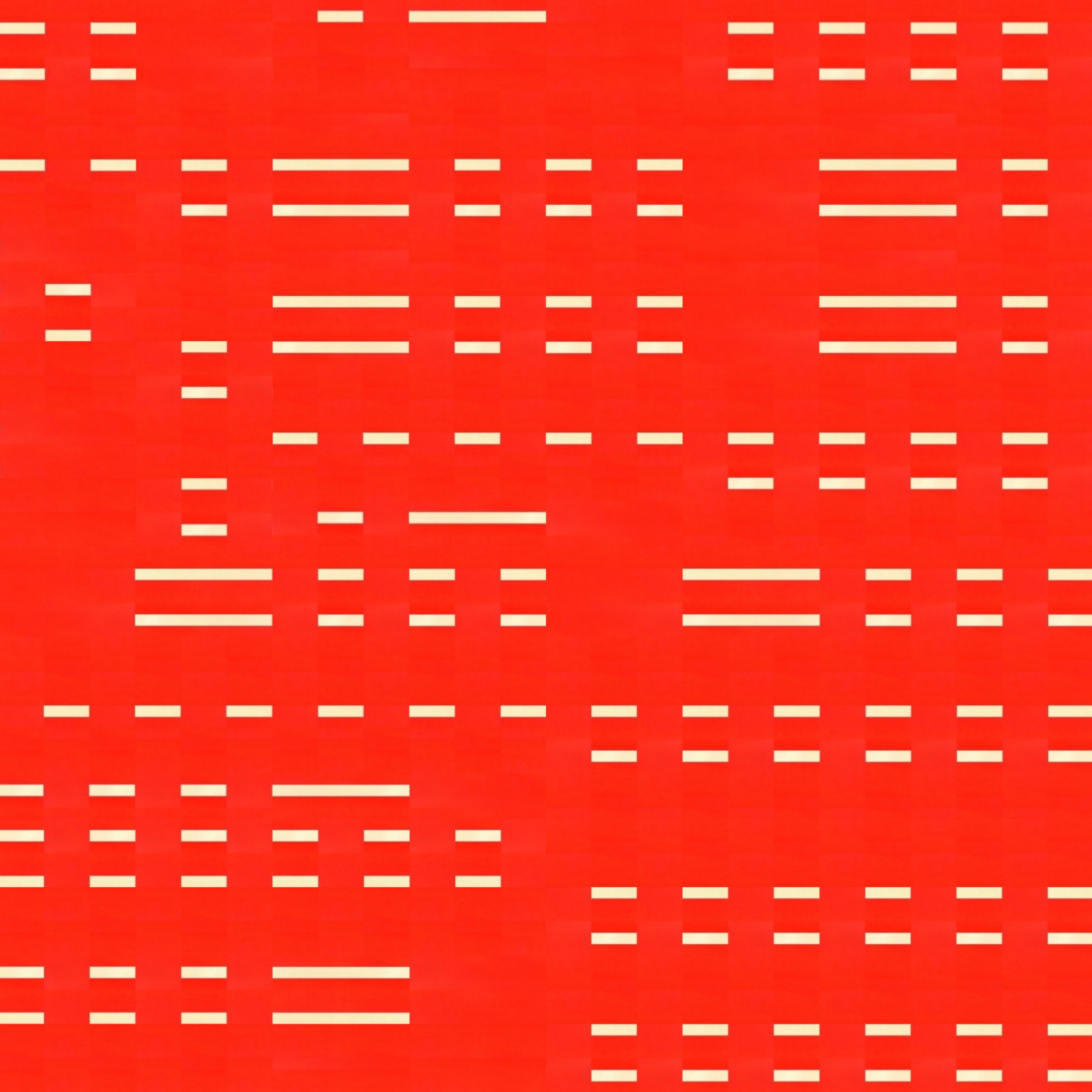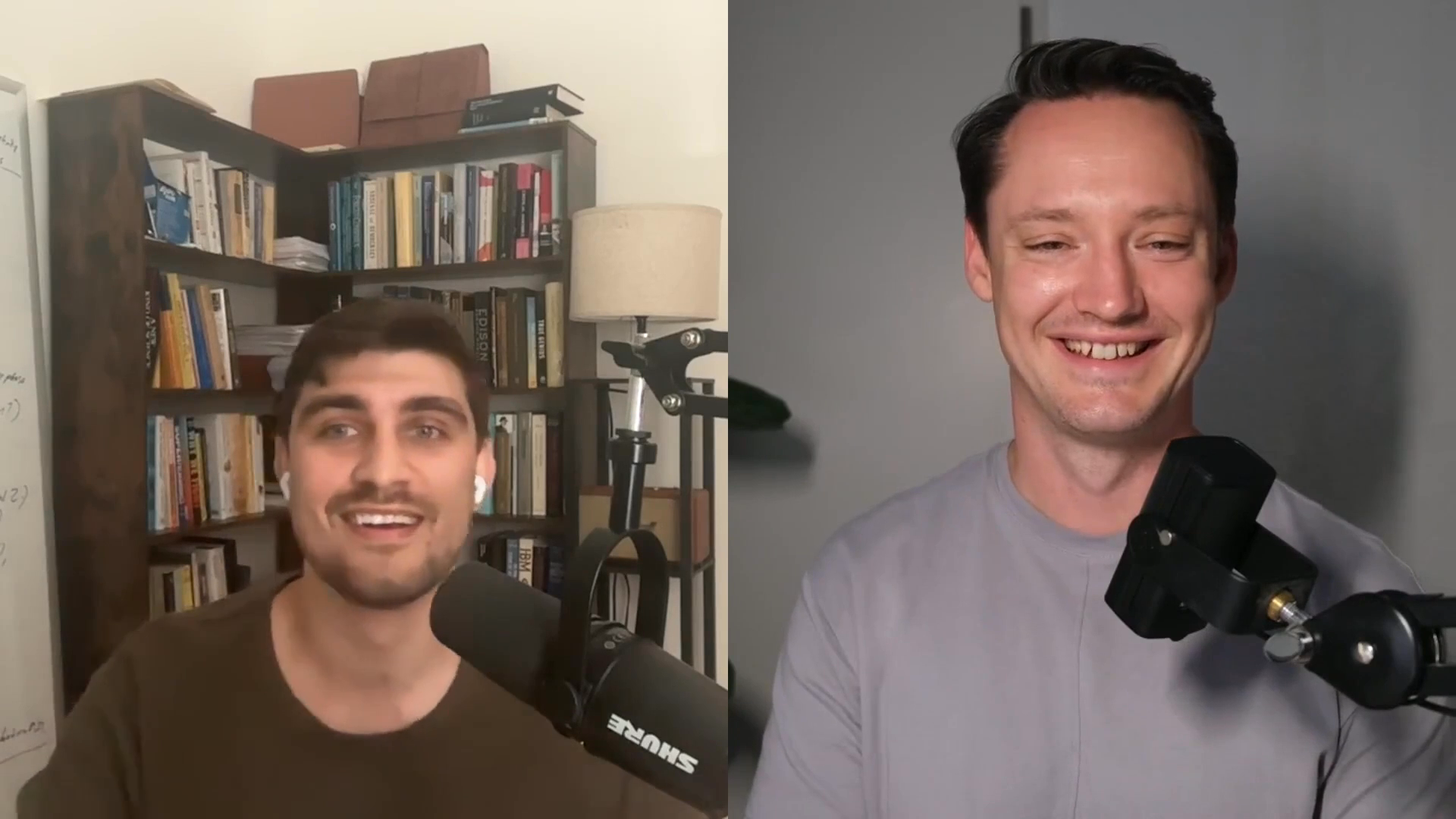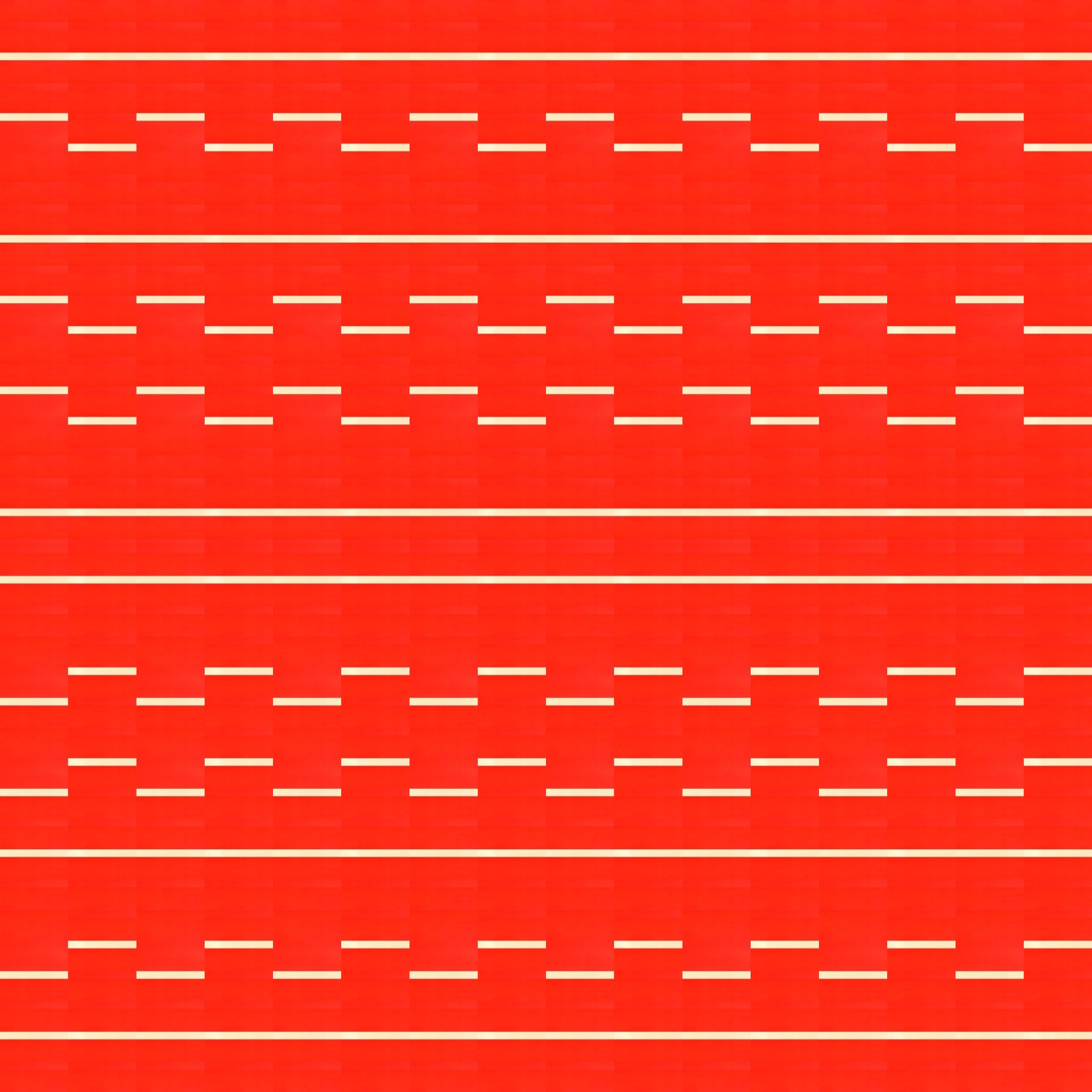De 25/08 a 29/08 de 2025 acontece a IX Semana das Psicologias da UFF – IHS – RPS. O realce em “das Psicologias” atesta não apenas a diversidade e riqueza das psicologias, mas sobretudo...
Rogue Scholar Posts

Marked
A Revista Argumentos acabou de lançar um dossiê sobre Michel Foucault, cujo tema é “Vidas Infames e Insubmissas“, com diversos artigos incríveis. Contribuo com o artigo “Medicina mental e medicina orgânica no jovem Foucault:...

Of prisons and paywalls

Gramsci between the times

Nihon, noted

The Spotify version of today’s episode can be found at this link.

Nihon, noted

Home Kian Salimkhani THE NON-FUNDAMENTALITY OF SPACETIME Reviewed by Noel Swanson Share on TwitterShare on FacebookShare on LinkedinShare by Mail The Non-fundamentality of Spacetime Kian Salimkhani Reviewed by Noel Swanson The Non-fundamentality of Spacetime: General Relativity, Quantum Gravity, and Metaphysics ◳ Kian Salimkhani New York: Routledge, 2024, £116.00 / £31.99 ISBN 9781032518336 / 9781032518343 Cite as:
Um pouco marcado pelas falas de Geoffrey Hinton, fiz o gesto de esboçar um bate-papo com o ChatGPT. Ele foi sobre valor, humanidade e a “visão” da IA sobre os homens. Segue: Pergunta: O...

Valter Rodrigues. O presente texto foi publicado no site oestrangeiro.net em 26 de abril de 2005, sob submissão do próprio Valter Rodrigues, e recuperado via Wayback Machine. O texto foi primeiramente publicado em Comunicação...